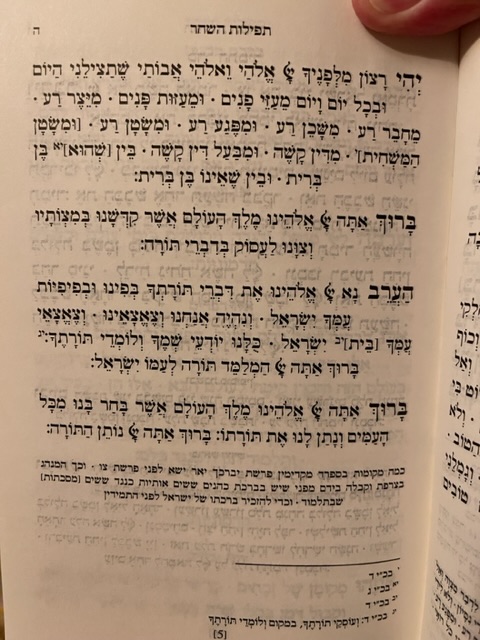The figure of Satan (and not a שטן, which can be used as an adjective or a role) - an opposite counterpart to God, or a rebellious angel who has embraced, and epitomizes evil - is quite prominent in many currents of Christianity; but Jews are not that "big" on the notion of Satan, so to speak.
In fact, if we look at the bible, it seems that other than some uses of the word שטן in the sense of adversary-to-something/someone - Satan as such is mentioned only in the book of Zechariah, and featured prominently in the story of Job/Iyov. And that one does not attempt to explain how there's no Satan anywhere basically, but in that story he's a central character. The first episode just goes: "וַיְהִי הַיּוֹם--וַיָּבֹאוּ בְּנֵי הָאֱלֹהִים, לְהִתְיַצֵּב עַל-יְהוָה; וַיָּבוֹא גַם-הַשָּׂטָן, בְּתוֹכָם. " - a weird introduction: Yeah, Satan, sure, everybody knows about Satan, except how he's basically never been mentioned before at all.
Anyway, I know that in the Talmud and later, there is mention of Satan, and we have these MY.SX questions answers:
- Does Satan have 12 wings?
- Do religious Jews generally believe the serpent of Garden of Eden was Satan?
which mention the Satan-is-a-fallen-angel option, the Satan-is-a-metaphor-for-Yetzer-Ha'ra option, etc.; and works such as Pirkei Rabi Eliezer, Yalqut Shim'oni and other texts. Very well, but that doesn't seem very significant and central to Jewish religious thought on most matters, on how to live one's life etc. And statistically, Satan is not mentioned that often in Jewish-religious texts (correct me if I'm wrong).
My question is where things stand these days - but not in the realm of philosophizing and pilpulim on "Can Satan be said to exist"; I'm interested in terms of what religious Jewish people, particularly children, are taught. Do teachers, and parents, tell children that Satan exists, that they need to beware Satan, that they should resist challenges and temptations by Satan (and I don't mean the Yetzer Ha'ra)? Or - is it something that may be invoked in some occasional story in a mostly-allegorical way?
And the same question for Rabbinical orations in synagogues and other public events: Is the public cautioned regarding the activity of Satan? Are undesirable events, people or organizations often described as Satanic, or under the influence of Satan? Or is that considered somewhat demagogic, and a rhetorical style respectable people would refrain from?
Note: I'm asking about more mainstream/orthodox Jewish communities and traditions, not smaller minority groups, not Reform Judaism, etc. Maybe even that is too wide a question - feel free to comment about this point.

